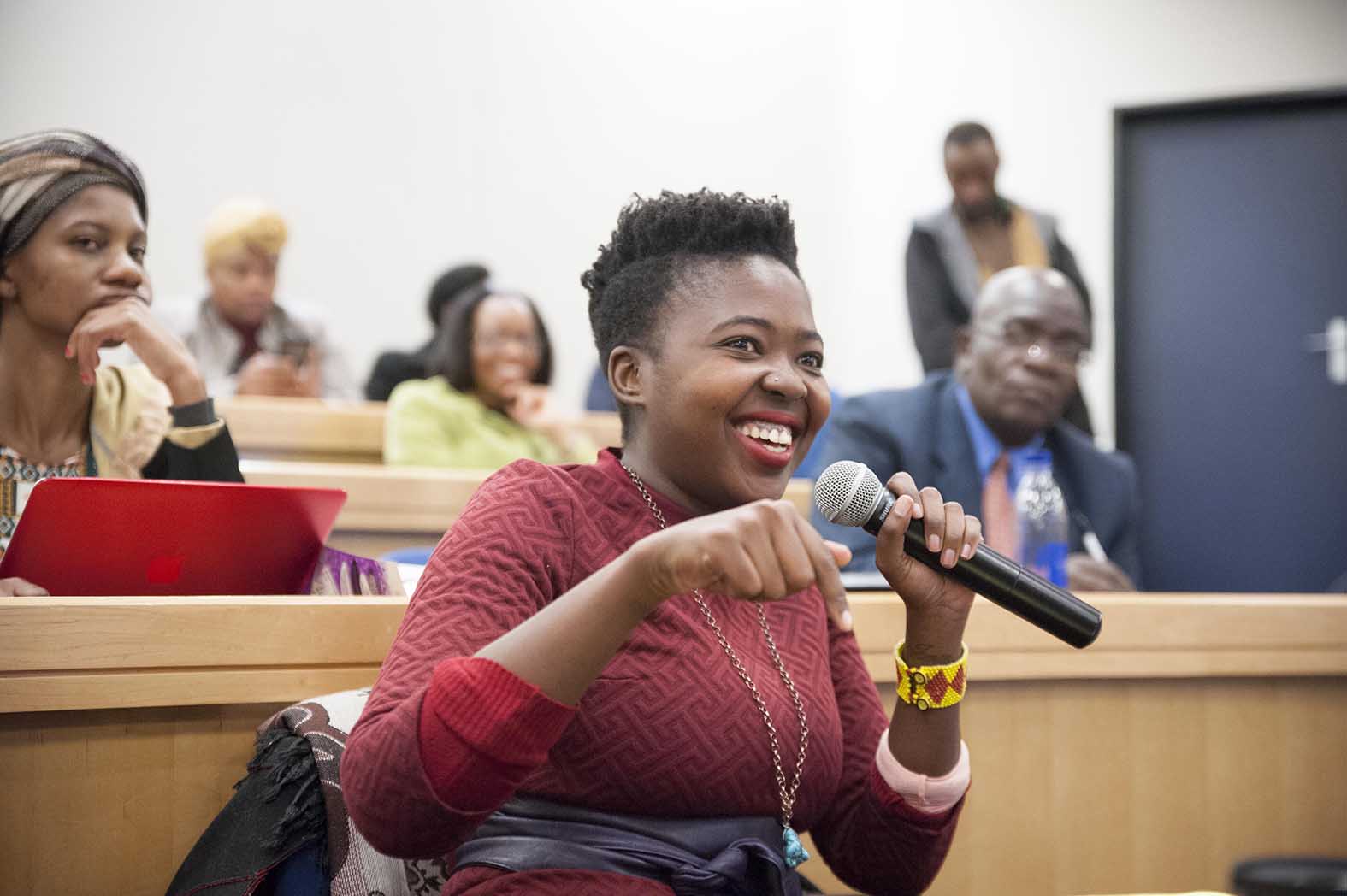Campaigns against HIV won’t go anywhere unless researchers and government take black women and the youth seriously.
At last week’s Mail & Guardian Critical Thinking Forum, young women in particular voiced their anger at what they called the “erasure of black women” in the fight against HIV.
The panel, moderated by motivational speaker and media personality Criselda Dudumashe, gathered at the Gordon Institute of Business Science to discuss the transformation of South Africa’s HIV treatment programme since 2000. Dr Yogan Pillay, deputy director-general for the department of health, was the keynote speaker.
Pillay gave an overview of the current programme as well as the key issues from the recent AIDS 2016 conference in Durban. There has been great success in prevention of mother-to-child transmission (PMTCT), with transmission rates coming down from 30% in 2004 to 8% in 2008 and 1.5% in 2015. Infants were tested at the age of six weeks.
The number of HIV tests performed annually rose from two million in 2008 to 12 million in 2015, but, said Pillay, men and adolescents are not getting tested. While three million male medical circumcisions were performed in 2010, there is a need to focus on testing 20- to 35-year-olds.
It was the information about the distribution of condoms that particularly infuriated audience members.
“We have the biggest public sector free distribution of condoms in the world, but are people using it?” Pillay asked. The numbers show that 400 million male condoms and two million female condoms were distributed in 2008; in 2015 it was 800 million and 25 million respectively. But government’s Choice condoms are notoriously unpopular, and the decision was made to rebrand. The new improved brand Max is made locally and is available in three different scents.
He also briefly mentioned a new female condom.
Panel member Kwezilomso Mbandazayo, women’s rights and gender justice programme manager at Oxfam South Africa, pointed out that the disease disproportionately affects poor black women.
“We’re talking about a disease that’s mostly transferred by sexual intercourse, without talking about sex, about pleasure. We’re talking about condoms and circumcision — focusing on penises as if no other organs are involved.”
During the first round of questions, one audience member objected to the assumed heterosexuality of the discussion: “What about lesbians? Dental dams are uncomfortable.”

Azola Anele Goqwana (pictured) of Just Associates also spoke up from the audience.
“It’s an insult to us that you come here with three flavours of new condoms, but we don’t even know what the new female condom looks like,” she said.
“Community care workers are not getting paid. I work with them.
“You are erasing black women constantly. We’re only good for breastfeeding. Look at PMTCT — we’re raising the nation. But when we need pap smears, when we need abortions, you’re not there.”
Panel member Dr Ramneek Ahluwalia, director of the Higher Education and Training HIV/AIDS Programme, said that students and girls and young women between the ages of 15 and 24 are especially vulnerable. Using drugs and alcohol, as well as engaging in transactional sex for money or marks, increases the risk of contracting HIV.
“Young people don’t like to go to clinics, so they’re only tested at a late stage. We need to test earlier. What’s the other option? Bring HIV education and testing to them,” said Ahluwalia.
In response to the issue of transactional sex, panel member Patrick Mdletshe, national deputy chairperson of the Treatment Action Campaign, said that “stigmatisation of blessers and blessees” would not help to win the fight against HIV in the youth.
“The face of HIV and Aids is still a black woman — and worse, it’s a young woman,” he said.
The event was made possible by sponsors Oxfam South Africa, Just Associates and Abbvie.